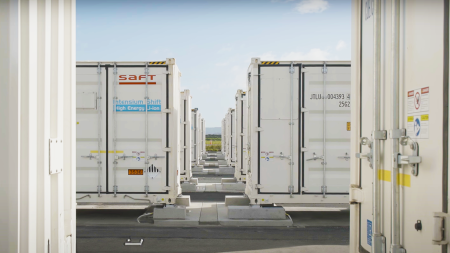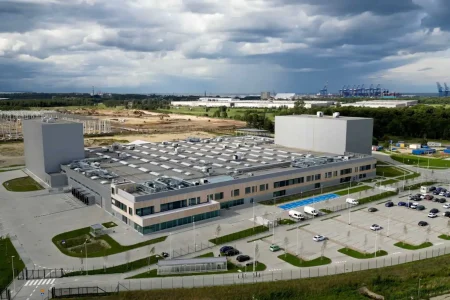Aleksey Chekunkov, the Minister for the Development of the Far East, recently ignited discussion around the competition between electric motors and hydrogen fuel cells in a conversation with Rossiyskaya Gazeta.
Chekunkov highlighted that several companies are diligently working on hydrogen fuel cells, hinting at plans to expand the production of hydrogen-powered trucks and buses in Russia. This has sparked curiosity about the future of hydrogen fuel cells and their potential to upstage electric vehicles (EVs), which currently enjoy a lead in terms of implementation speed and scale.
In Russia’s Far East and the Arctic region, Sakhalin is leading the charge in hydrogen energy development. Plans are afoot to create the Eastern Hydrogen Cluster, revealed a representative from the Corporation for the Development of the Far East and the Arctic (KRDV). The Sakhalin region government’s low-carbon development program aims to establish hydrogen production for export to Asia-Pacific countries among other initiatives. The launch of hydrogen trains fueled at hydrogen stations at their final stops, is also being explored.
Furthermore, Far East Russia’s potential for creating lithium batteries is deemed high. A notable example is the Transbaikal lithium project in Transbaikalia, where an enterprise for the production of spodumene concentrate, a green energy mineral, is set to be launched with state support.
However, the dichotomy between EVs and hydrogen transportation is not as stark as it may appear. Both types of vehicles use an electric motor. Traditional EVs (BEVs) source power from a battery, which must be regularly charged from the grid. Meanwhile, hydrogen electric vehicles (FCEVs) derive power for the engine from fuel cells’ chemical reactions with hydrogen, necessitating periodic hydrogen refills.
Economic efficiency currently tips the scales in favor of BEVs, particularly in markets with generous subsidies for hydrogen vehicles. For instance, in South Korea, a subsidy can cover up to 40% of an FCEV’s cost. However, after 75,000 km, purchasing a BEV becomes more cost-effective, explains Ivan Timonin, a Vygon Consulting consultant. The higher cost of hydrogen cars and the high retail price of hydrogen are key contributing factors.
Roman Perminov, a senior consultant at Kept’s Power Industry Analytics Group, concurs, stating that while the price of EVs is declining due to technological progress and increased demand, hydrogen cars remain relatively novel and costly. However, hydrogen transportation typically offers greater mileage on a full tank and faster refueling times compared to EVs. Yet, Timonin notes that FCEV owners tend to overpay for these advantages.
As of late 2022, there were only around 1,000 hydrogen refueling stations worldwide. The hydrogen refueling infrastructure in Russia is limited to a single experimental station in Chernogolovka. Battery electric vehicles, numbering more than 18 million globally, vastly outnumber hydrogen vehicles, currently around 72,000.
Perminov believes the general population views buying a hydrogen car as a last resort, and without governmental financial incentives, there’s little chance of boosting hydrogen consumption in the transport sector.
However, Timonin suggests that hydrogen may be the preferred option for “greening” specific transport categories like heavy trucks, buses, and boats. Hydrogen fuel cells’ compactness, lightness, and energy intensity make them critically important for greening rail and air transport.
In conclusion, while electric vehicles currently dominate the green transportation sector, hydrogen fuel cells have immense potential, particularly in specific transport categories and regions like Russia’s Far East and the Arctic.








